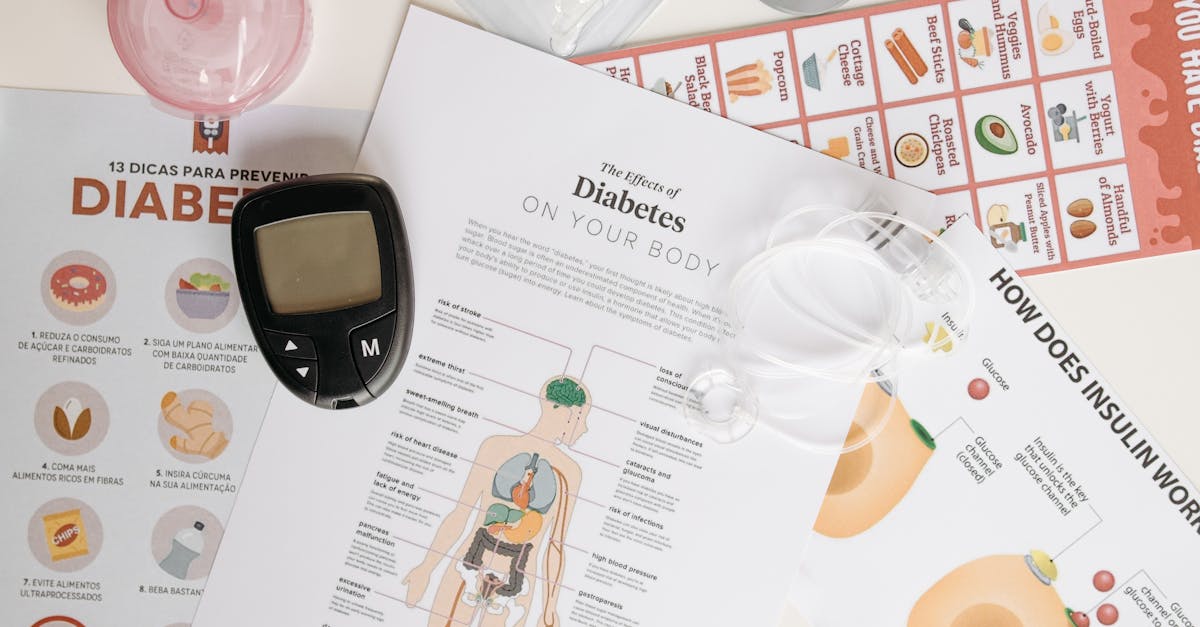Recognizing Early Symptoms of Hepatitis C
Introduction
Hepatitis C is a viral infection that primarily affects the liver. Recognizing the early signs can lead to timely diagnosis and treatment, preventing long-term health complications. Understanding these symptoms is crucial for effectively managing the disease.
Advertisement
Fatigue
One of the earliest signs of Hepatitis C is persistent fatigue. This overwhelming sense of tiredness can affect daily activities and doesn't usually improve with rest. It's often one of the first symptoms, prompting individuals to seek medical advice.
Advertisement
Jaundice
A distinct yellowing of the skin and eyes, known as jaundice, can be an early indicator of liver distress due to Hepatitis C. This discoloration occurs when the liver is unable to effectively process hemoglobin from old red blood cells.
Advertisement
Abdominal Pain
Individuals might experience persistent or intermittent pain in the upper right quarter of the abdomen. This discomfort is often due to the liver's inflammation or swelling, caused by the Hepatitis C virus attacking liver cells.
Advertisement
Fever and Nausea
A low-grade fever can accompany other symptoms, signaling the body's immune response to the infection. Nausea or a decreased appetite might also develop, contributing to general discomfort and the urge to seek medical evaluation.
Advertisement
Dark Urine and Pale Stool
Changes in bodily excretions are common in Hepatitis C. Urine may appear darker, similar to the color of cola, while stools can become unusually pale. These changes result from the liver's reduced ability to process bile effectively.
Advertisement
Joint and Muscle Pain
Some people report unexplained joint and muscle pain as an early sign of Hepatitis C. These aches can mimic symptoms of a seasonal flu or cold, leading to misdiagnosis unless assessed alongside other Hepatitis C symptoms.
Advertisement
Itchy Skin
Persistent itching without a rash can indicate liver problems often associated with Hepatitis C. Itching is primarily due to the accumulation of bile salts under the skin, stemming from impaired liver function.
Advertisement
Cognitive Issues
Hepatitis C can sometimes affect brain function, potentially leading to brain fog or difficulty concentrating. Trouble with memory and focus can significantly impact the quality of life, making early detection essential.
Advertisement
Conclusion
Early detection and treatment of Hepatitis C are vital for preventing chronic liver complications. Being aware of symptoms such as fatigue, jaundice, and cognitive issues aids in seeking timely medical help. Recognize these early signs to initiate effective disease management and improve health outcomes.
Advertisement


